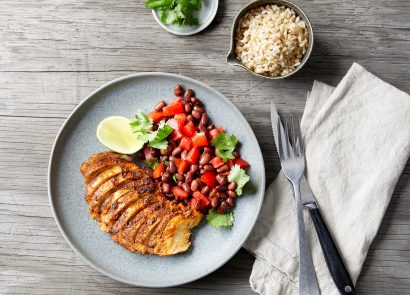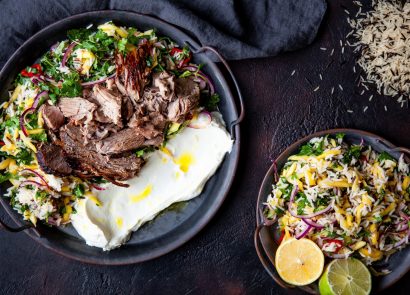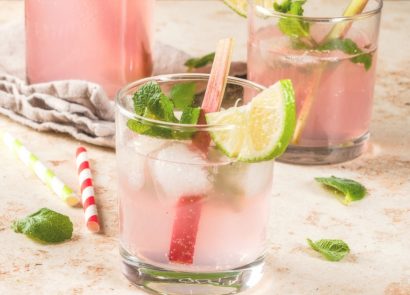Leading Harley Street Nutritionist, Rhiannon Lambert, has a lot to say on the issue and, though she states clearly that “alcohol will not help you lose weight”, it may not be the diet disaster we have all been led to believe.
It’s Not The Drink
If you’ve been struggling to reach a particular weight loss goal, then there may be indirect ways in which alcohol is affecting you. Alcohol “can have powerful effects on your mood, mental states and consequently your weight” Rhiannon says. The consumption of alcohol “reduces self-consciousness, making it easier for people to act without inhibition. This impaired judgment often leads people to do things that they end up regretting, including consuming an unhealthy diet.” Ahh so it’s not the two glasses of wine, but the fried chicken, on the way home that may be the problem! The way that alcohol impacts our minds can have adverse effects on what we consume and how often we exercise. Alcohol can leave you feeling fatigued, unproductive and be honest, how often have you felt like getting up and going for a run the morning after a night out?
Calories Count
We all know that calorie counting is important if we want to lose weight and that we must stay in a calorie deficit (eating less than we use) in order to achieve this. “A problem often overlooked is that alcohol is rich in energy, providing around seven calories per gram” Rhiannon points out. Knowing how many calories you’re consuming is the first step to not allowing alcohol to ruin your diet. Making simple choices, like swapping your wine for a spritzer (made with soda water) cuts your calorie intake by half!
Decoding the Jargon
A big question lots of you are asking is, will alcohol make me gain weight, even if I’m eating healthily?
“Beer contains a similar amount of calories as sugary soft drinks, whereas red wine contains twice as much. However, drinking beer regularly may cause weight gain, whereas wine consumption may reduce it” Rhainnon explains. Confused? Us too! One thing is clear is that checking the calorie content on the label is the first port of call and maintaining a healthy diet is important.
Is Moderation the Key?
Rhiannon notes that whilst heavy drinking is quite obviously linked to increases in weight, moderate drinking has links to reduced weight gain. But what really is moderate drinking? The NHS advises that we don’t consume more than 14 Units a week (nhs.uk). This level of drinking has been noted to show various health benefits, for example “It’s not all bad news, drinking red wine has been shown to lower your risk of heart attacks and strokes”. Rhiannon shows us that how much alcohol is consumed, within a 24 hour period, also plays a role. “Daily drinkers, who consume less than one drink per day, tend to have the least abdominal fat, while those who drank less often, but consumed four or more drinks on drinking days are most likely to have excess belly fat.” Glass of Pinot anyone?
Rhiannon’s forthcoming book Re-Nourish is available to pre-order on Amazon and released 28 December 2017.






















